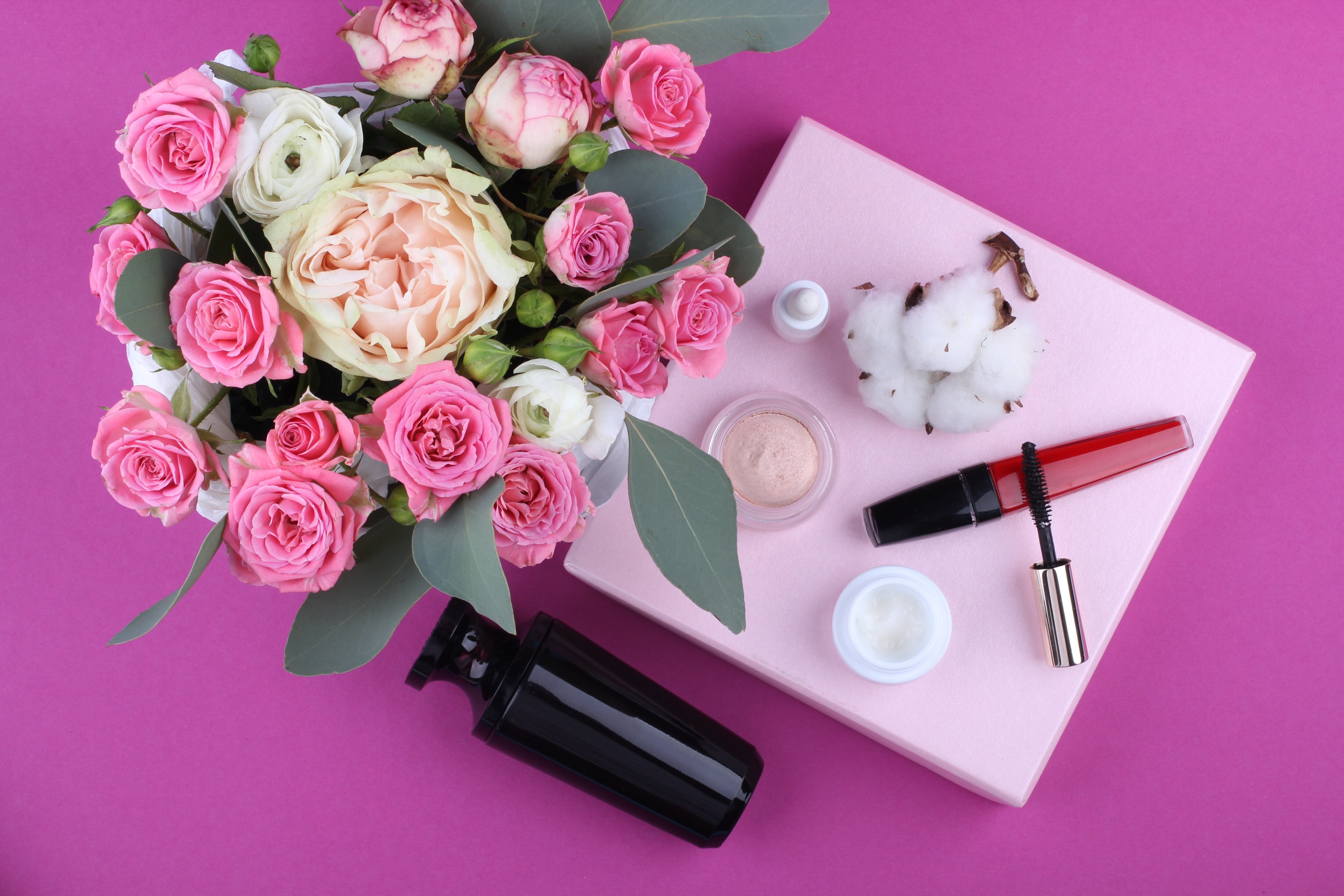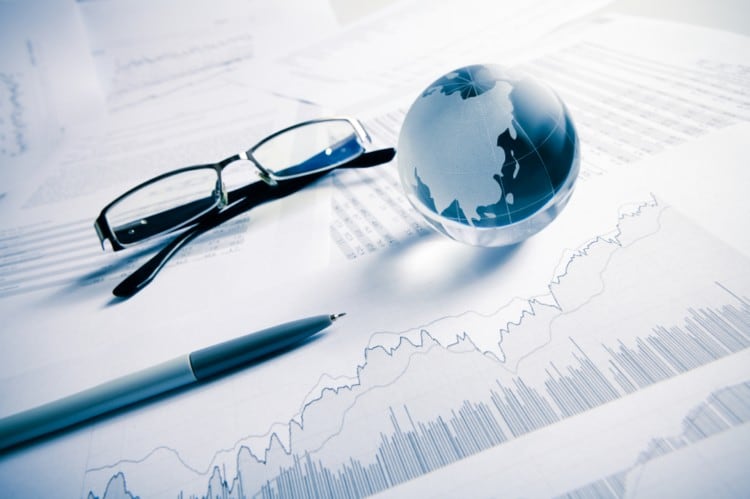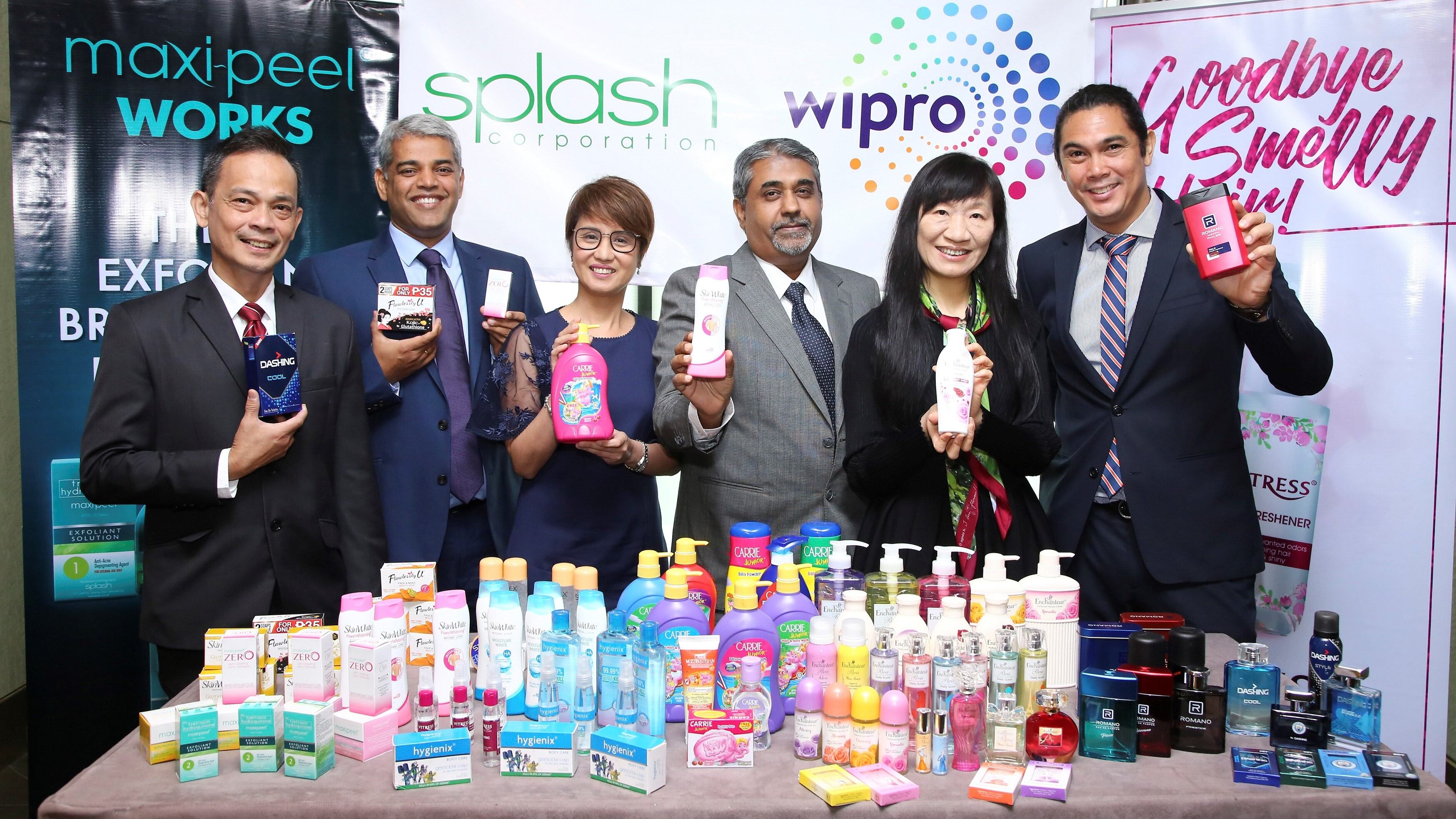Indonesia, for instance, has passed a law to make halal certification mandatory by October 2019.
“[This means] products must be certified according to the Indonesian halal certification process, which is different from the Malaysian certification process. That means that even Malaysian companies are now reformulating and asking for this new certification to adapt to Indonesia,” explained Florence Bernardin, founder of consultancy Information et Inspiration.
She added: “Indonesia wants to lead in halal certification by being the first country to be entirely halal. Indonesia’s size might make it the future leader of halal beauty.”
Despite being a smaller market, beauty companies such as K-beauty giant Amorepacific are investing in Malaysia for its halal expertise.
Like Indonesia, the Muslim country is working on tightening halal regulations. For instance, it is working to create a halal standard by introducing a halal ISO and the international halal blockchain.
Indie rises to the challenge
Today, the halal beauty segment is one of the fastest growing in countries like Indonesia and Malaysia.
“Halal has become an important matter as more women want to make sure their religious principles are respected,” said Bernardin.
She added that social media helped to fuel the significant growth of the halal beauty market in Muslim countries such as Indonesia and Malaysia.
“Millennial Muslim consumers are contributing to the changes in Malaysia and Indonesia, as they are strongly connected to social media and new trends, as well as staying deeply observant to Islamic principles.”
In terms of aesthetics, Muslim women who wear hijabs have redefined the idea of ‘modest fashion’, said Bernardin.
She elaborated: “Many millennial Muslim women have shown that wearing a hijab can be extremely stylish, colourful and elegant. This has also impacted the way make-up is worn, as wearing a hijab highlights facial features in a different way. For example, accentuating perfect eyebrows, a flawless complexion, bold lips and XXL eyelashes.”
The rising awareness led to the mushrooming of local indie brands looking to fill a gap in the beauty market with halal-compliant cosmetic products.
“An interesting aspect of the halal beauty landscape is the emergence of local indie brands, whose identities often embrace local advocacy, favour formulations that use less chemical formulas, and are more than likely halal certified,” Bernardin highlighted.
Wardah is one of the more established brands in the region that experienced massive growth by building their brand around a halal and Muslim identity in a fresh modern way.
Bernardin said: “Long-established brands who have built their whole identity on halal beauty, such as Wardah in Indonesia, have experienced tremendous growth as they promote an image of modern, active young Muslim women, differentiating itself from the religion’s conservative identity.”
A convergence of trends
Bernardin believes that the majority of Muslim countries like those SEA, halal beauty is perceived to be close to the natural or vegan movement.
“A lot of Malaysian and Indonesian Muslim consumers assume that natural, cruelty-free and vegan beauty are by nature halal, so they will feel highly attracted by these claims, whether the product is certified or not.”
She added: “There is definitely a convergence of consumers that are more concerned about what they are putting on their skin, whether that is for religious or other reasons, such as the ‘green’ beauty wave.”
As countries like Malaysia move towards more control over quality and safety with initiatives such as a halal blockchain, consumers will be drawn to halal products for their safety assurances.
However, outside of these countries, the religious association is still very strong.
Bernardin said: “Some countries, like the UK, respect the expression of their Muslim communities and Muslim consumers choices in fashion or beauty, featuring Muslim women as brand ambassadors. For example, Manal Chinutay for Lancôme. However, non-Muslim consumers are not aware of halal standards, and the religious weight that is still attached to it.”
Florence Bernardin will present a session on ‘How is Halal beauty redefining the Asian cosmetic market – Focus on Indonesia and Malaysia’ at in-cosmetics Korea on Thursday, June 27 from 11:30 to 12:15 in the Marketing Trends and Regulations Theatre.
in-cosmetics Korea takes place from 26 to 28 June 2019 at the Coex Exhibition Centre in Seoul. For more information and to receive the latest updates, please visit https://korea.in-cosmetics.com/register





